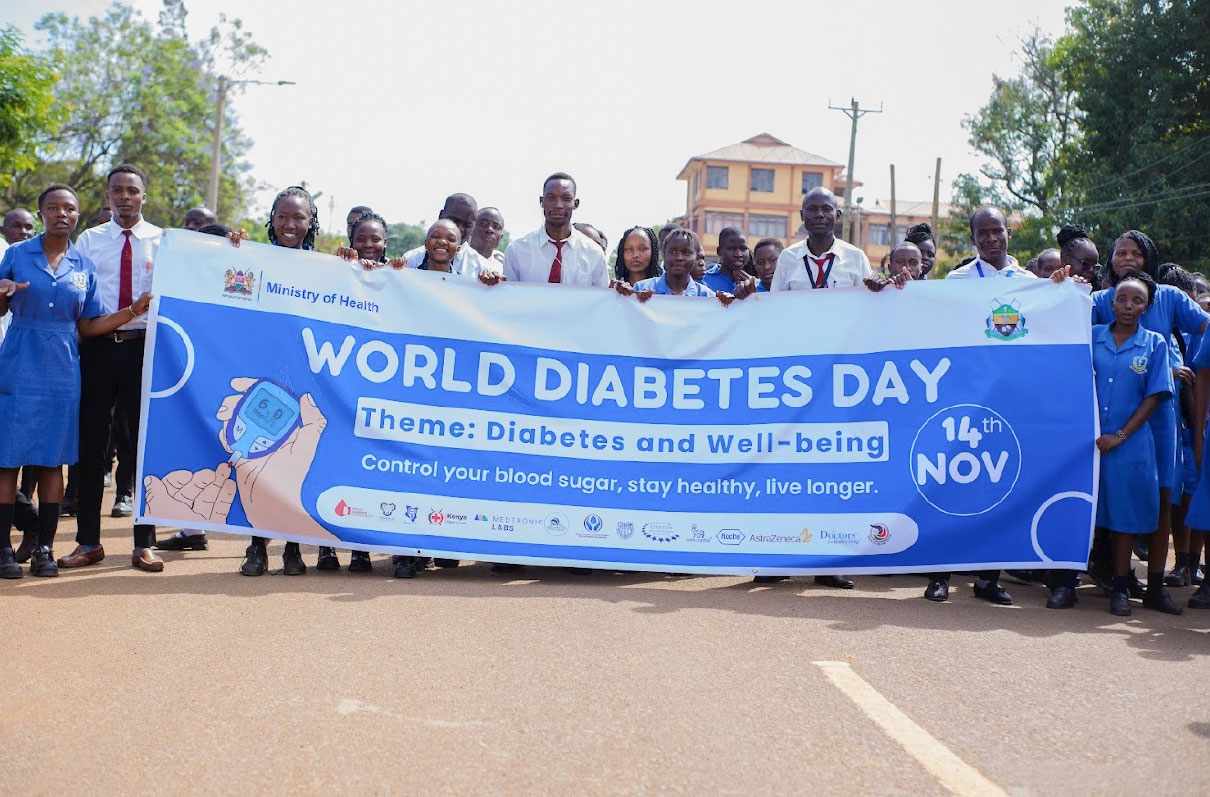

Understanding Diabetes
Diabetes is a medical condition that occurs when the body is unable to properly regulate blood sugar levels. This happens either because the pancreas cannot produce enough insulin - a hormone that regulates glucose levels and converts glucose into energy—or when the body cannot effectively use the insulin it produces.
Diabetes is a condition that can affect people of all ages. While there is no cure for this disease, medical treatment coupled with lifestyle changes such as losing weight, eating healthier, and adopting an exercise routine can help manage the disease.
Types of Diabetes
Type 1 diabetes
Type 1 diabetes is an autoimmune disease. It results from your immune system attacking the insulin-producing cells in your pancreas. The exact cause of this disease is unknown; however, genetic factors and some viruses have been known to play a role. This form of diabetes is often diagnosed in childhood and teenage years, but it can develop at any age.
Type 2 diabetes
This is the most common type of diabetes. It occurs when one’s blood sugar level is too high due to failure by the pancreas to produce enough insulin. As a result, one’s cells respond poorly to insulin and take in less sugar due to insulin resistance.
Gestational diabetes
This type of diabetes develops in some women during pregnancy. While the cause of gestational diabetes is not fully known, hormonal changes during pregnancy may affect the body's ability to regulate blood sugar levels effectively. Gestational diabetes normally goes away after delivery.
However, frequent checkups are encouraged as you will be at a higher risk of developing Type 2 diabetes. Because gestational diabetes can affect both your health and your baby’s, it is important to control it by eating well, exercising, and taking medication if need be.
However, if you have gestational diabetes, you’re at a higher risk of developing Type 2 diabetes later in life.
 Students of Kenya Medical Training College (KMTC) Siaya Campus led the walk to commemorate World Diabetes Day 2024 which was held in Siaya County. Doctors for Healthy Living was among the sponsors of this year’s celebrations.
Students of Kenya Medical Training College (KMTC) Siaya Campus led the walk to commemorate World Diabetes Day 2024 which was held in Siaya County. Doctors for Healthy Living was among the sponsors of this year’s celebrations.
 Dr. Gladwell Gathecha, the Head of the Non-Communicable Diseases (NCD) Division in the Ministry of Health flags off the World Diabetes Day commemorative walk. She was flanked by Siaya County Government’s County Executive Council Member (CECM) for Health, Martin Odhiambo K’Onyango. This year’s celebrations were marked in Siaya County.
Dr. Gladwell Gathecha, the Head of the Non-Communicable Diseases (NCD) Division in the Ministry of Health flags off the World Diabetes Day commemorative walk. She was flanked by Siaya County Government’s County Executive Council Member (CECM) for Health, Martin Odhiambo K’Onyango. This year’s celebrations were marked in Siaya County.